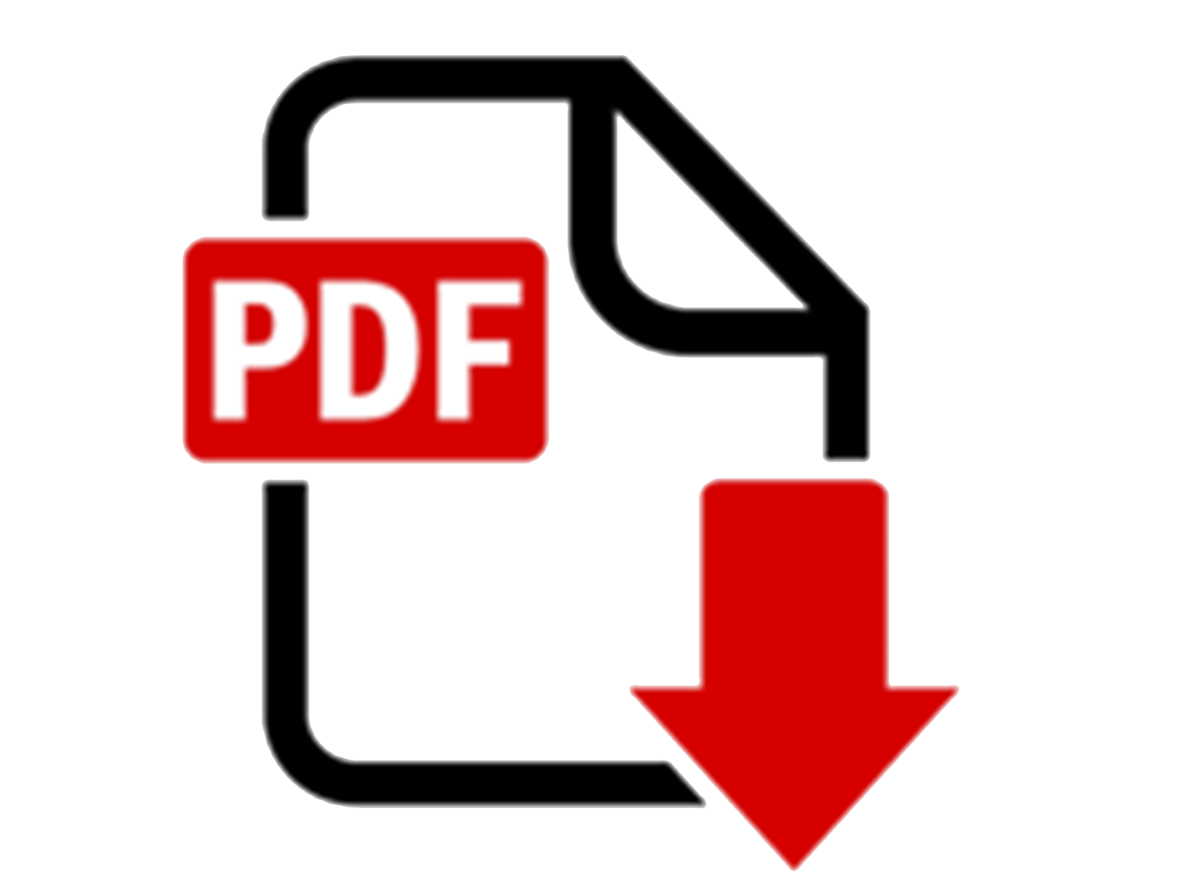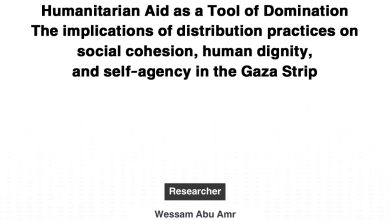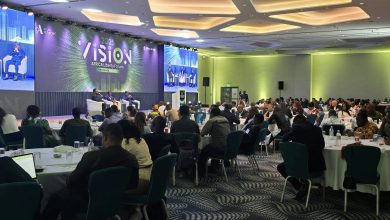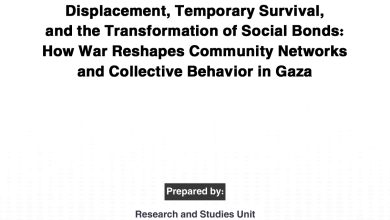Policy Paper: Considerations of condemnation and balance of Palestine’s position on the war in Ukraine
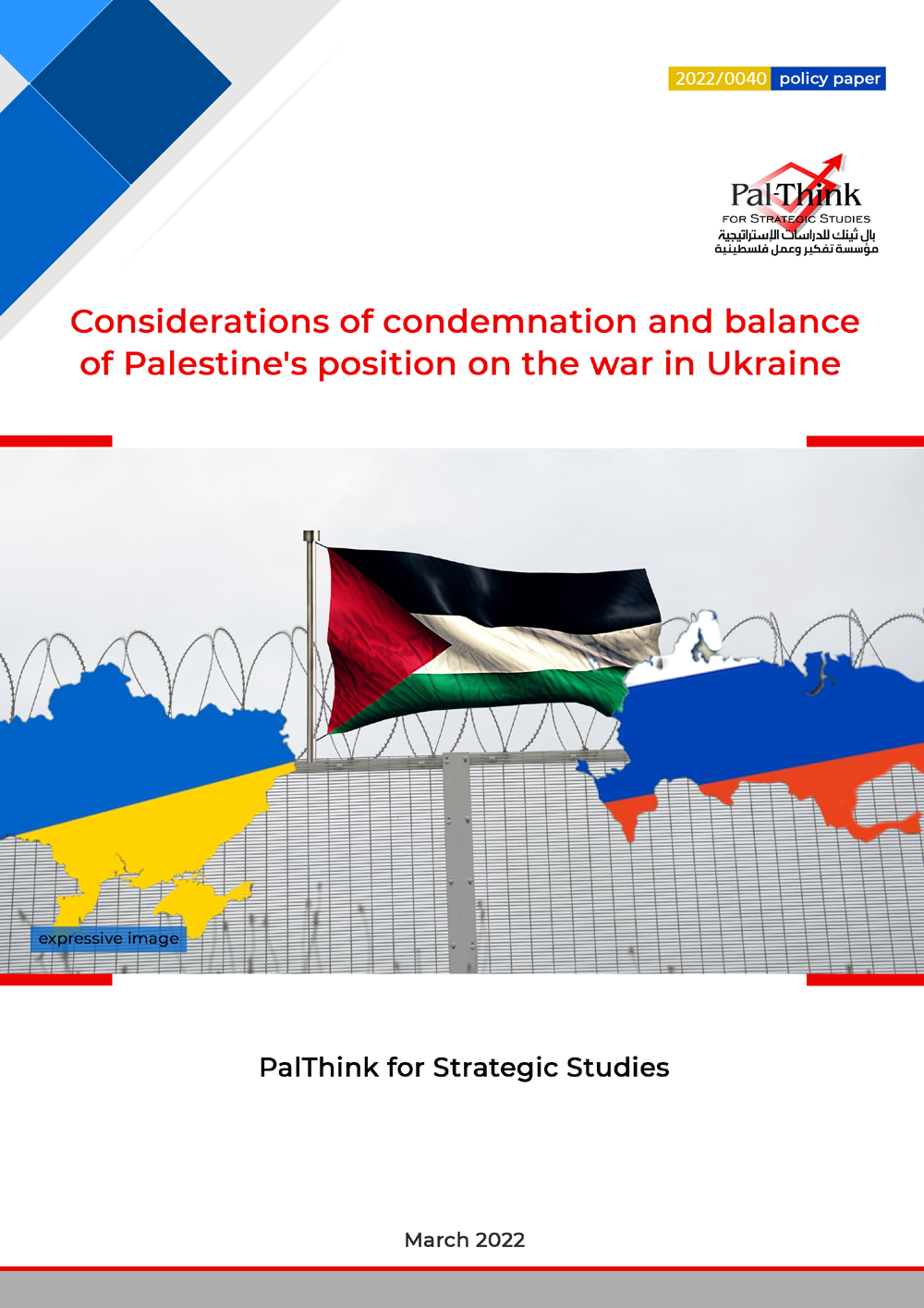 In classic wars, we waited for the military result, and then we formed a political response. In new wars, there is not a final resolution; there is only the stronger party imposing its conditions. Additionally, there is also geographical control, regime projection, or behavior modification goals. Russia is seeking to maintain its national security and enhance its regional and international position. It has a deep fear that NATO will expand, bringing weapons to its border with Ukraine.
In classic wars, we waited for the military result, and then we formed a political response. In new wars, there is not a final resolution; there is only the stronger party imposing its conditions. Additionally, there is also geographical control, regime projection, or behavior modification goals. Russia is seeking to maintain its national security and enhance its regional and international position. It has a deep fear that NATO will expand, bringing weapons to its border with Ukraine.
Now that the first shock of the war has receded, the world realizes that the war will not exceed Ukraine’s borders. Russia has given indications that it will limit itself to the minimum that preserves its national security by preventing Ukraine from joining NATO. Global concern about the consequences of war is high. People are wondering if it will continue or stop. Additionally, sanctions have been announced.
In this context, developing and poor countries are affected by conflict because they depend on foreign aid. Their positions on the war will determine where they are positioned, and how the political, economic and security consequences will affect them. Trying to show a neutral position would not endear them to the great powers. On the face of it, it may seem to be a war fought on Ukrainian lands only, but it is a world war of influence. The survival of developing nations depends on the strength of the international community and the extent to which it supports these nations in the light of political realism, not because of their strength and resources. Many places cannot survive without traditional international support.

